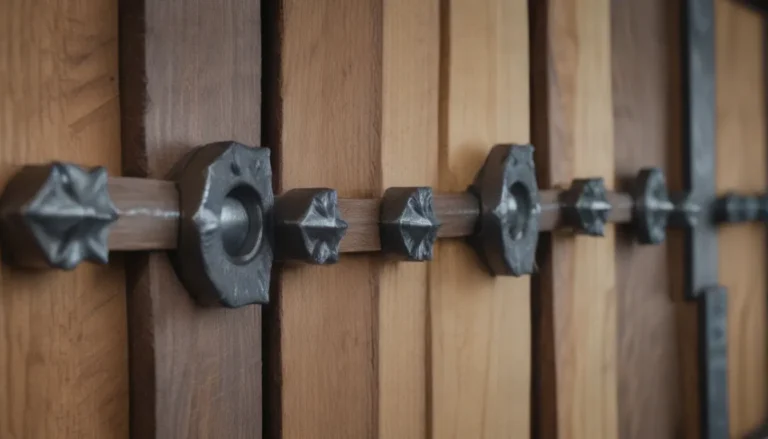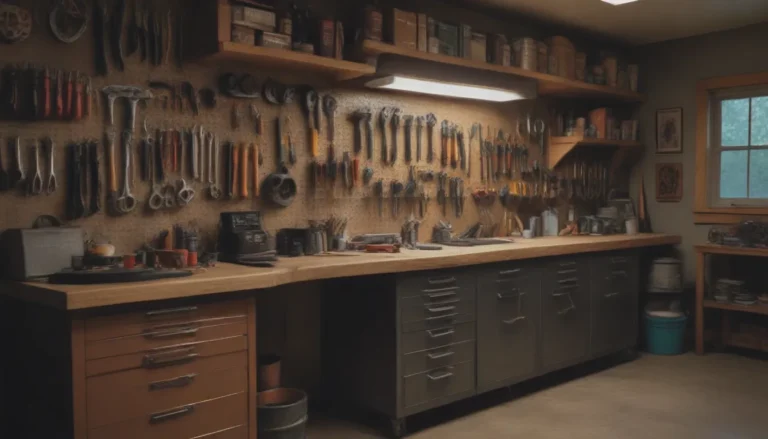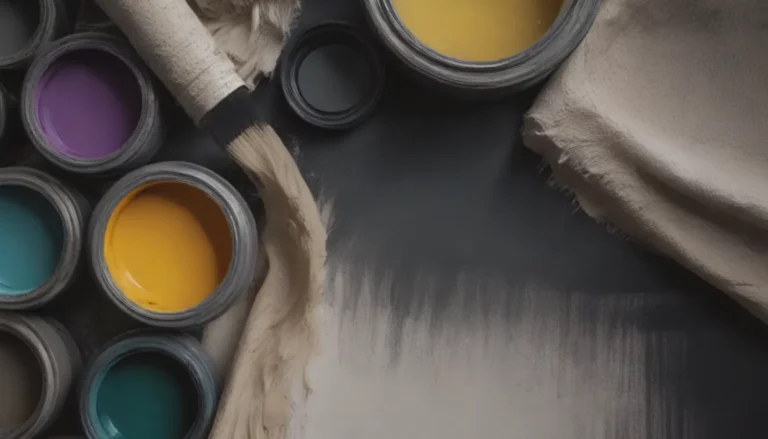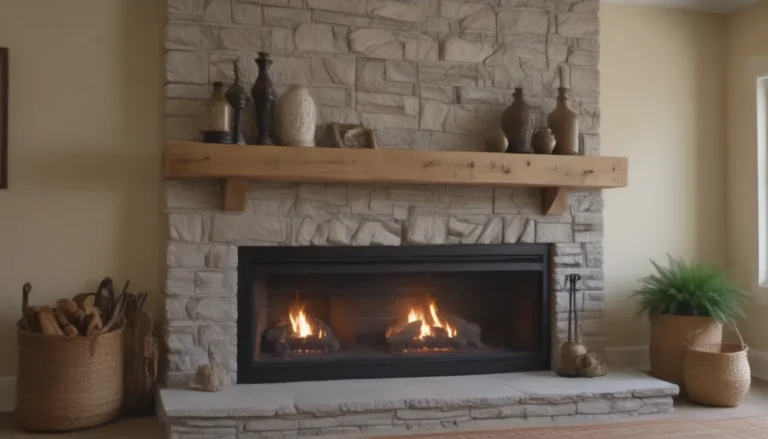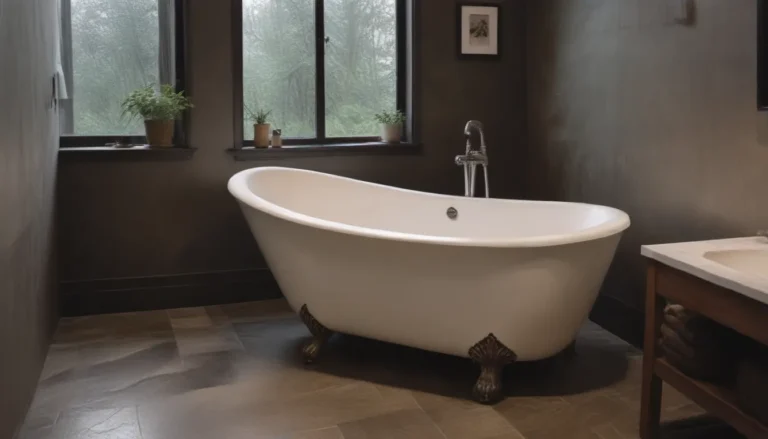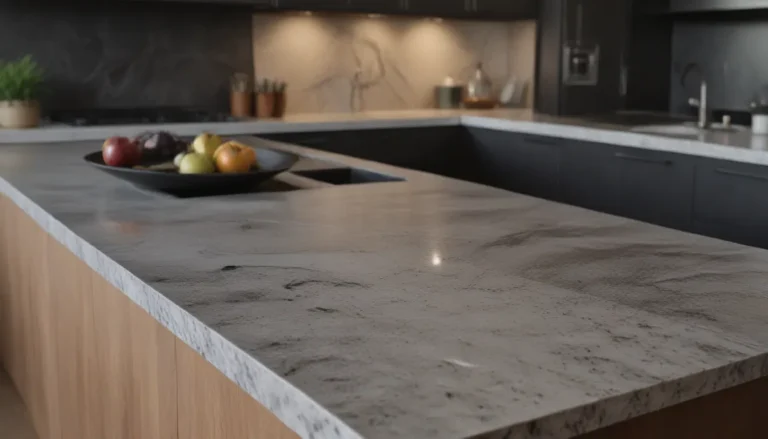Everything You Need to Know About Hollow Wall and Drywall Anchors
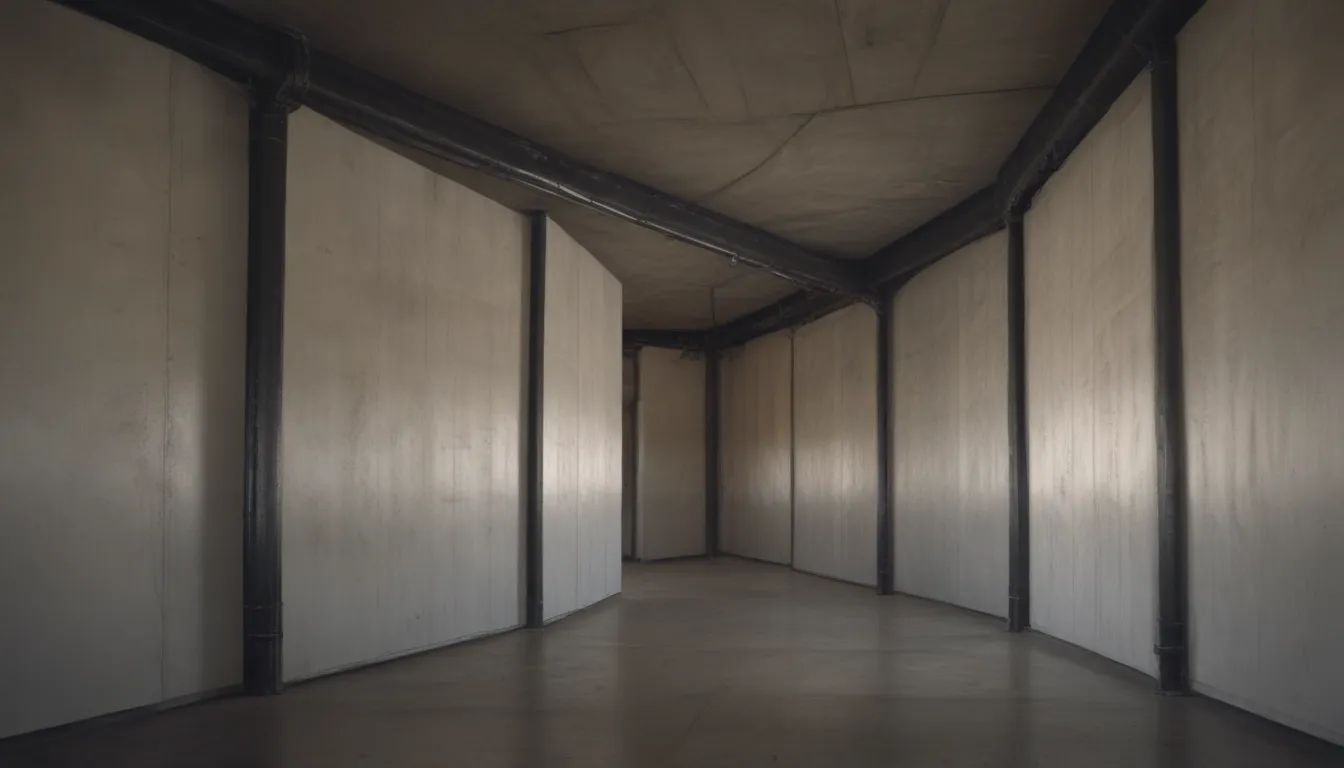
If you’ve ever tried to hang a heavy mirror, shelving unit, or a prized picture on a wall, you know the importance of using the right fastener to ensure it stays put. That’s where hollow wall and drywall anchors come into play. These handy devices provide extra support when there’s no wall stud available for mounting.
Selecting the right anchor for your project can be a daunting task. With so many options to choose from, it’s essential to consider factors like the wall material, the weight of the load, and how the anchor will be installed and removed. To help you navigate this sea of choices, we’ve compiled a list of the ten most commonly used wall anchors and their applications.
Cement Board Screw Anchor
Best for: Attaching cement board to wood or steel
Cement board screw anchors are straight steel screws that don’t require pre-drilling. With a wafer head and tiny notches under the head for a strong grip, these anchors are ideal for attaching cement board to wood or steel. They can also be used for high-density exterior sheathing, bathtub attachments, countertops, flooring applications, and more. Keep in mind that these specialty screws may be a bit pricier than standard screws.
Tips:
– Look for corrosion-resistant fasteners for moist or humid areas.
– When installing cement backing board for tiles, use specially coated, corrosion-resistant screws with notches under their heads for a flush fit.
Expansion Anchor
Best for: Heavy-duty grip with masonry
Expansion anchors, also known as wedge anchors, are high-quality items made from galvanized carbon steel screws, nuts, and washers. Designed for use with concrete, masonry, and other materials, these anchors are threaded to spread open once they’re anchored, providing a secure hold. For a more cost-effective option, consider zinc-plated steel versions.
Hollow Wall Anchor
Best for: Medium-duty jobs
Hollow wall anchors, or molly bolts, are made of steel and feature sides that flare out when inserted into hollow walls. Suitable for medium-duty tasks like hanging light decorative shelves or artwork (with limited weight), these anchors come in packs of 50 or more at an affordable price. They add permanent screw threads to any material they’re attached to, expanding as the screw is tightened into the wall.
Tip:
– Hollow wall anchors can be installed using a hammer or drill and are compatible with various wall thicknesses.
Plastic Hollow Wall Plug
Best for: Light-duty jobs
Plastic hollow wall plug anchors are commonly used in drywall or plaster for light-duty applications such as hanging artwork or floating shelves. These anchors require a pilot hole for installation, with the plug expanding and locking into place once the screw is inserted.
Threaded Drywall Anchor
Best for: Medium-duty holding power in drywall
This versatile anchor is recommended for medium-duty applications and doesn’t require a pre-drilled hole for installation. Also known as a self-drilling or self-tapping anchor, it can be made from plastic, nylon, or zinc-coated materials. The deep threads provide a secure hold in drywall, accepting #6 or #8 sheet metal screws.
Tip:
– One of the key advantages of this anchor is that it can be removed and reused in another location.
Toggle Bolt
Best for: Heavy-duty holding power in drywall
Toggle bolts are a traditional anchor method ideal for heavy items. Consisting of a toggle and machine bolt, these anchors are sized based on the screw diameter and length. Use toggle bolts for mounting sinks, hanging heavy shelves, anchoring furniture, or attaching a TV wall mount. The wings lock securely behind drywall, offering strong holding power.
Winged Plastic Anchor
Best for: Medium-duty jobs
Winged plastic anchors are suitable for medium-duty applications and require pilot holes for installation. Expand the wings using a special tool after inserting the anchor to increase strength.
Tip:
– Winged plastic anchors can hold between 25 and 35 pounds each when used in drywall.
Spring Anchor
Best for: Holding springs to moving or stationary surfaces
Spring anchors are actual springs used to secure other springs and support their weight. These anchors allow for easy adjustment of extension springs and come at a reasonable price compared to other specialty items.
Adhesive Anchor
Best for: Heavy-duty structural jobs
Adhesive anchors are excellent for attaching metal to masonry or masonry to masonry in high-traffic areas. Typically epoxy-based, these anchors work with rebar, threaded dowels, and smooth dowels, standing up to various weather conditions.
Sleeve Anchor
Best for: Heavy masonry jobs
Sleeve anchors are perfect for masonry and concrete fixtures, like attaching signs to concrete or installing outdoor lights on masonry. Drill a hole for the anchor and tighten the screw to allow the sleeve to expand for a secure hold.
Choosing the Right Anchor
When selecting a hollow wall or drywall anchor, consider the wall material and the weight of the item being hung. Stay within the weight limit recommended by the anchor manufacturer and avoid exceeding it. Some anchors require special tools for installation, and certain types, like chemical anchors, are best used in specific weather conditions.
Keep in mind that certain anchors may not be suitable for overhead applications, such as hanging pot racks or chairs from the ceiling. For these scenarios, eye bolts screwed into ceiling joists or special hanging kits are more appropriate.
With this comprehensive guide to hollow wall and drywall anchors, you’ll be equipped to tackle any wall mounting project with confidence. Choose the right anchor for the job, follow the installation instructions carefully, and enjoy the peace of mind knowing your wall hangings are safely secured.
